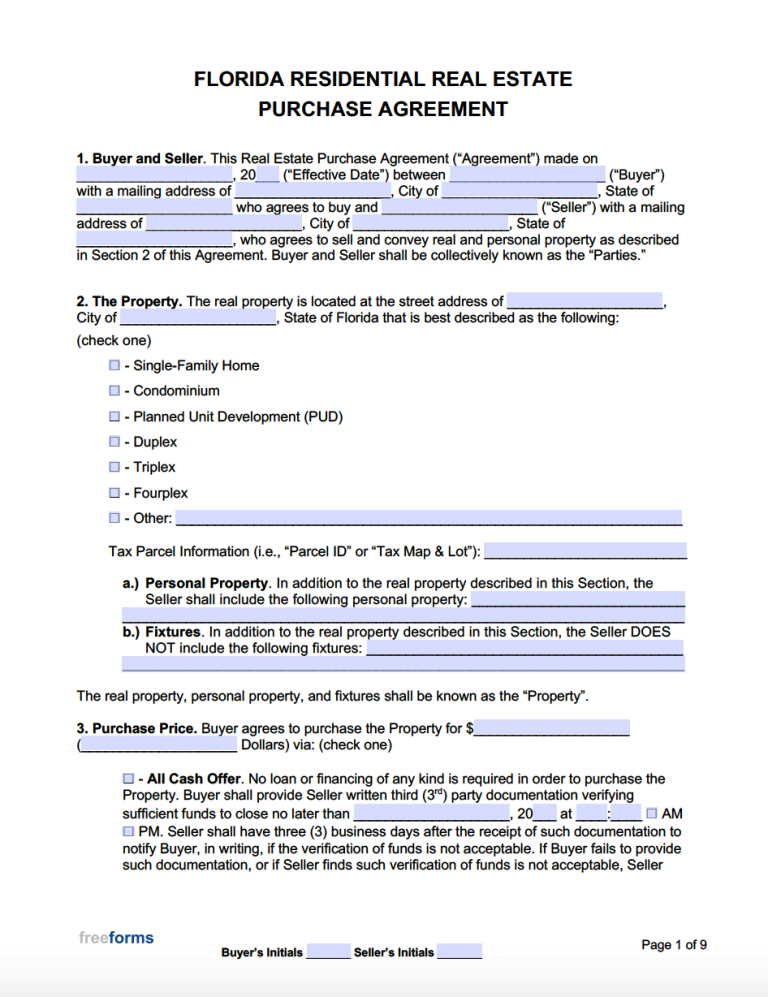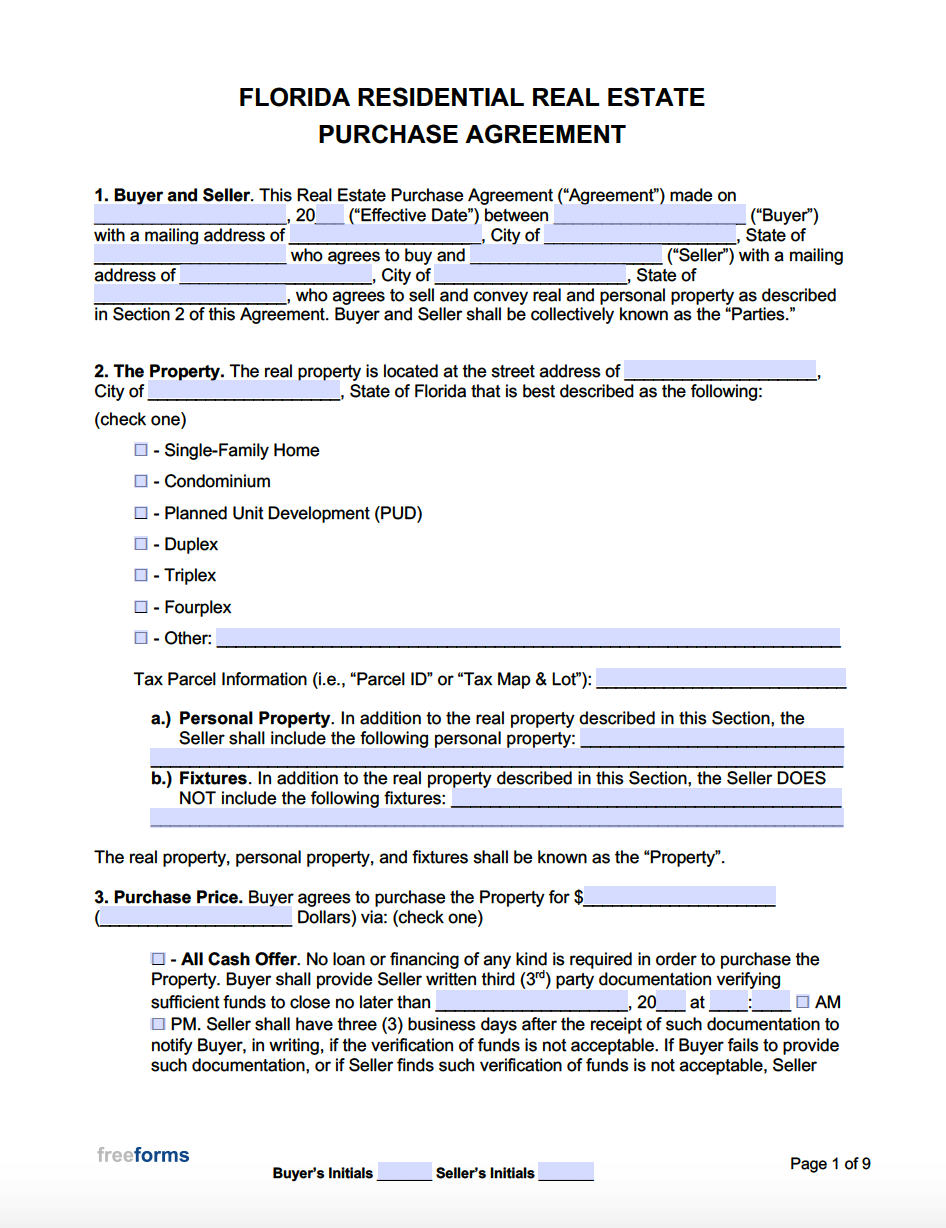Required Disclosures
Association Membership (§ 720.401) – If an individual is selling their unit in a common interest community such as a condominium project, they are required to submit a disclosure summary prior to carrying out the contract that notifies the buyer that they will have to become a member of the Homeowners’ Association.
Coastal Properties (§ 161.57) – If the property being sold is located partially or completely seaward of the coastal construction control line, the seller is obligated to present the prospective buyer with a disclosure statement expressing this information. (Review § 161.053 to see if your property falls under this definition.)
Lead-Based Paint Disclosure (42 U.S. Code § 4852d) – This is a federally-mandated disclosure that requires the seller to submit (to the buyer) any evidence of known lead paint hazards that may exist within the property along with a safety guide related to the toxic material. (This is only mandatory for properties constructed before 1978).
Nondeveloper Disclosure (§ 718.503(2)(a)) – Only applicable to the sale of condominium units, this disclosure compels the seller to provide the purchaser with the necessary documentation describing how the property/association operates. (The form linked in the title includes this disclosure and may be attached to the purchase agreement.)
Property Tax (§ 689.261) – This disclosure summary must be provided to the buyer before or during the execution of the purchase agreement. The statement basically notifies the buyer that the property taxes may differ in price after the exchange of ownership and that they should not automatically expect that they will be charged the same amount as the previous owner. (Included within the purchase agreement.)
Radon Gas (§ 404.056(5)) – A statement conveying the dangers of radon gas must be attached to the purchase agreement before signing the document. (Included within the purchase agreement.)
Seller’s Residential Property Disclosure – Although there is no official statute demanding that sellers disclose all known material facts regarding the property’s condition, the court case Johnson v. Davis, 480 So. 2d 625 suggests that it is still required by law. The seller is only responsible to report defects that they have knowledge of, as determined in Jensen v. Bailey, 76 So. 3d 980. (If selling a condo, utilize the Seller’s Property Disclosure for a Condominium instead.)
Realtor Version
Florida Association of Realtors – PDF



